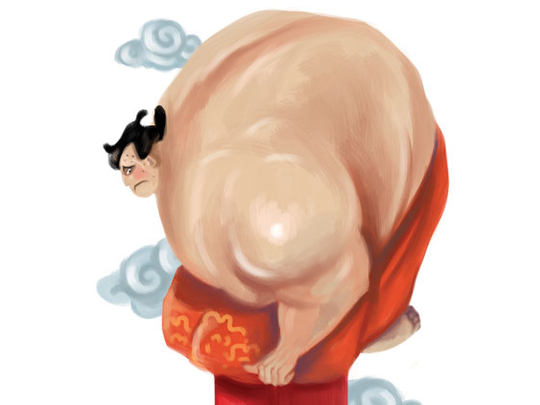
What happens when an over-valued currency meets a political leader seemingly bent on imposing his vision on a battered central bank?
Watch Japan, soon-to-be prime minister Shinzo Abe and the yen in 2013 to find out. (Spoiler alert: the currency gets it in the end.)
Abe, whose Liberal Democratic Party is expected to be returned to power by a December 16 election, also is likely to deliver global financial markets about as much volatility as they can handle, as his comments about his plans for the central bank have been frequent, inconsistent and radical.
The upshot of his statements is that he wants the Bank of Japan (BoJ) to do ... something ... something big, and he’s not afraid of changing laws and faces to make it happen. Abe has variously called on the BoJ to double or triple its inflation target from the 1 per cent rate it is already unable to achieve. Most expect him to shift the composition of the board of the BoJ in March and April when the current terms of Governor Masaaki Shirakawa and two deputies are up.
He has also said, at one point, that he wants the central bank to buy bonds directly from the government, a form of direct financing which so far has been a red line in developed market central banking. He has rowed back from that last bit and, puzzlingly on Friday said that he was only talking about what the BoJ should do because he was in opposition.
“If I become prime minister, I won’t comment on specific monetary policy measures, as they should be decided by the BoJ,” Abe said in a joint party leaders’ debate. That rings somewhat hollow, given that he’s put the BoJ and his efforts to make it more responsive to the woes of Japan’s economy at the center of the LDP campaign.
Bold macroeconomic planning this all may well be, and no one can argue that the BoJ, which gained independence to set policy in 1998, has covered itself in glory, but the implication is that Japan in 2013 will be an interesting and potentially explosive experiment in how to approach the issues of debt, demographics and deflation which trouble not just Japan but large swaths of the rest of the world.
Abe’s suggestion that the BoJ buy construction bonds, used to fund infrastructure projects, directly from the government frightened markets because this tactic, sometimes called monetisation, has usually only in the past been used by governments in the last throes of a financing crisis.
In reality all that matters is the intention of the central bank to buy the bonds, even if they first pass through the hands of a bank or investor who might only buy them because he expects the central bank to take them immediately.
A higher inflation target, of course, is only going to work if the central bank puts its printing presses behind the effort, or convinces investors that it so intends.
That’s the central irony here — all of the money printing done thus far has not worked in Japan. This implies that what we have is not a liquidity issue but a demand one, and this in turn gets us back to the yen and international markets.
Taking into account Japanese competitiveness, its high debt and aging population, the yen by many accounts should be 20 to 30 per cent weaker. This would create demand by stimulating exports, but is a very risky manoeuvre.
Gross Japanese government debt is close to 2.5 times the size of annual economic output, and is only sustainable because interest rates are so low. Spook the markets into driving the yen lower and you could easily see those interest rates running farther than Japan could bear.
If Japanese investors decide their savings in yen aren’t safe they may pile on, selling their yen and driving it still lower and interest rates higher. From one perspective deflation for retirees holding yen debt is not so bad, but should inflation appear all of those thus far captive holders of government debt may move money abroad. The impact of all of this on the banking and insurance sector, which holds much government debt, would be terrible, leaving some needing recapitalisation just at the point that the state might find that most painful.
All of this makes the perception that the LDP will seek to more tightly control the BoJ and force it to take more radical measures so potentially powerful, but also dangerous. If it works just the right amount, if the yen falls but not too much, it could make a large positive difference. If it works too well, watch out.
— Reuters











